A home equity loan is a lump sum of money you can borrow at a fixed rate based on the equity, or ownership stake, in your home. If you already paid off 15% to 20% of your house, this one-time installment loan can be used to cover major expenses, from home renovations to paying off debt.
Home equity loans have fixed interest rates, so your monthly payments are predictable and easy to budget for. But because your home acts as collateral for the loan, you could risk foreclosure if you fall behind on repayments.
I’ve spoken with experts about the advantages and disadvantages of home equity loans, how they work and where to find the best rates. Here’s what I’ve uncovered.
This week’s home equity loan rates
Here are the average rates for home equity loans and home equity lines of credit as of March 6, 2024.
| Loan type | This week’s rate | Last week’s rate | Difference |
|---|---|---|---|
| 10-year, $30,000 home equity loan | 8.80% | 8.93% | +0.04 |
| 15-year, $30,000 home equity loan | 8.78% | 8.93% | +0.05 |
| $30,000 HELOC | 8.99% | 9.09% | -0.1 |
Current home equity loan rates and trends
Though home equity loan rates will vary depending on the lender and loan type, their rates are generally lower than personal loans or credit card annual percentage rates.
Home equity loan rates aren’t directly set by the Federal Reserve, but adjustments to the federal funds rate impact the borrowing cost for financial products like home equity loans and home equity lines of credit, aka HELOCs.
Since March 2022, the Fed has hiked its benchmark rate a total of 11 times in an attempt to slow the economy and bring inflation down, driving home equity loan rates up alongside. Though the Fed has kept interest rates steady since last summer, home equity loan rates have remained elevated, averaging around 9% for borrowers. Home equity rates are likely to stay high until the central bank begins cutting interest rates, projected for later this year.
With home equity loans, you tap into your equity without giving up the rate on your primary mortgage, making them a popular alternative to cash-out refinances. If you use a home equity loan to install solar panels or renovate your kitchen, you get the added benefit of increasing your home’s value.
“Most homeowners with mortgages in 2024 are choosing home equity loans or HELOCs, instead of a cash-out refinance, to avoid losing their attractive interest rates,” said Vikram Gupta, head of home equity at PNC Bank.
Best home equity loan rates of March 2024
| Lender | APR | Loan amount | Loan terms | Max LTV ratio |
|---|---|---|---|---|
| U.S. Bank | From 8.40% | Not specified | Up to 30 years | Not specified |
| TD Bank | 7.99% (0.25% autopay discount included) | From $10,000 | 5 to 30 years | Not specified |
| Connexus Credit Union | From 7.20% | From $5,000 | 5 to 15 years | 90% |
| KeyBank | From 10.29% (0.25% autopay discount included) | From $25,000 | 1 to 30 years | 80% for standard home equity loans, 90% for high-value home equity loans |
| Spring EQ | Fill out application for personalized rates | Up to $500,000 | Not specified | 90% |
| Third Federal Savings & Loan | From 7.29% | $10,000 to $200,000 | Up to 30 years | 80% |
| Frost Bank | From 7.3% (0.25% autopay discount included) | $2,000 to $500,000 | 15 to 20 years | 90% |
| Regions Bank | From 6.75% to 14.125% (0.25% autopay discount included) | $10,000 to $250,000 | 7, 10, 15, 20 or 30 years | 89% |
| Discover | 6.99% for 1st liens, 7.99% for 2nd liens | $35,000 to $300,000 | 10, 15, 20 or 30 years | 90% |
| BMO Harris | From 8.84% (0.5% autopay discount not included) | From $25,000 | 5 to 20 years | Not specified |
Best home equity loan lenders of March 2024
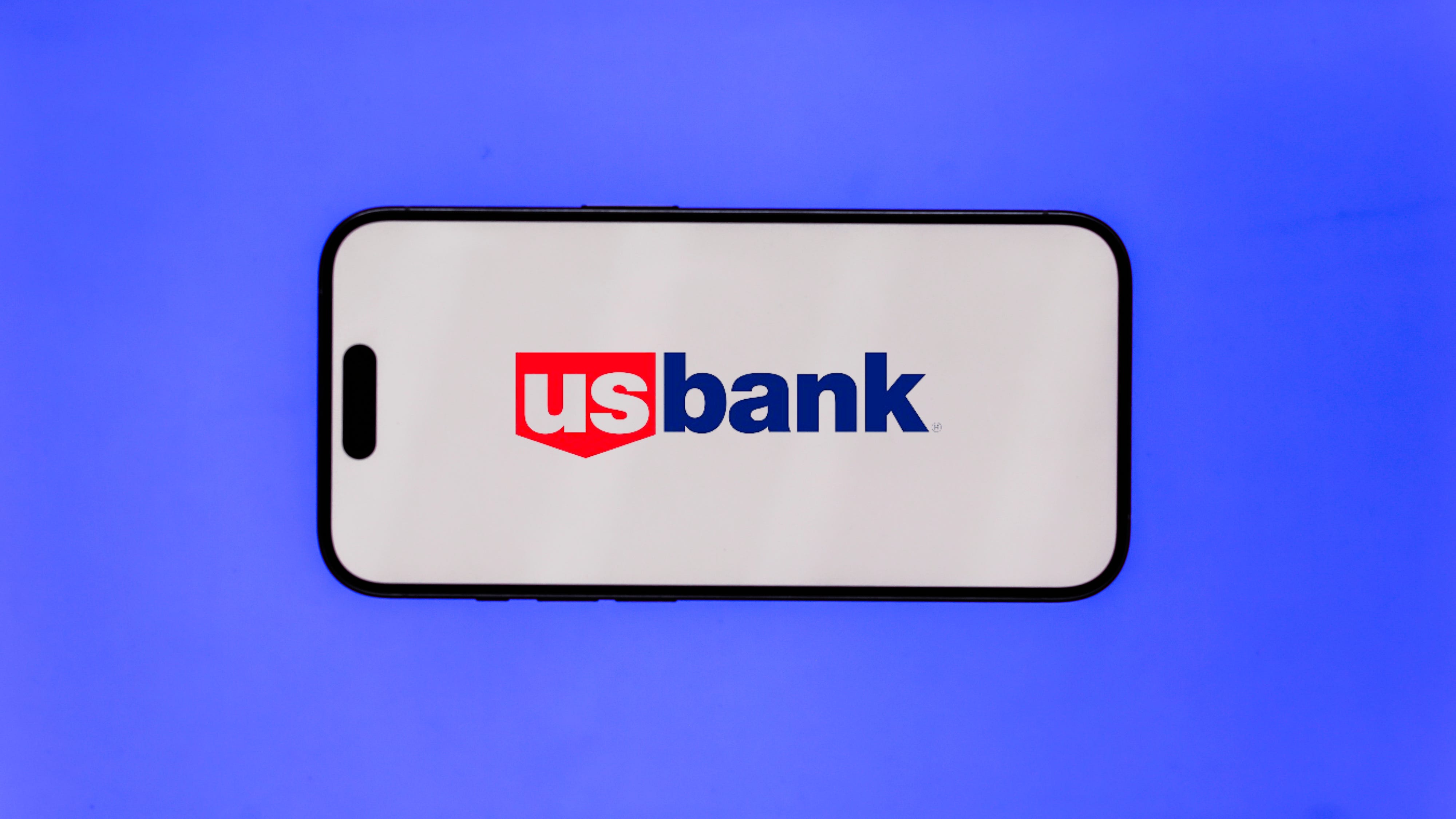
U.S. Bank
Good for nationwide availability
U.S. Bank is the fifth largest banking institution in the US. It offers both home equity loans and HELOCs in 47 states. You can apply for a home equity loan or HELOC through an online application, by phone or in person. If you want a loan estimate for a home equity loan without completing a full application, you can get one by speaking with a banker over the phone.
- APR: From 8.40%
- Max LTV ratio: Not specified
- Max debt-to-income ratio: Not specified
- Min credit score: 660
- Loan amount: $15,000 to $750,000 (up to $1 million for California properties)
- Term lengths: Up to 30 years
- Fees: None
- Additional requirements: Subject to credit approval
- Perks: You can receive a 0.5% rate discount by enrolling in automatic payments from a U.S. Bank checking or savings account.
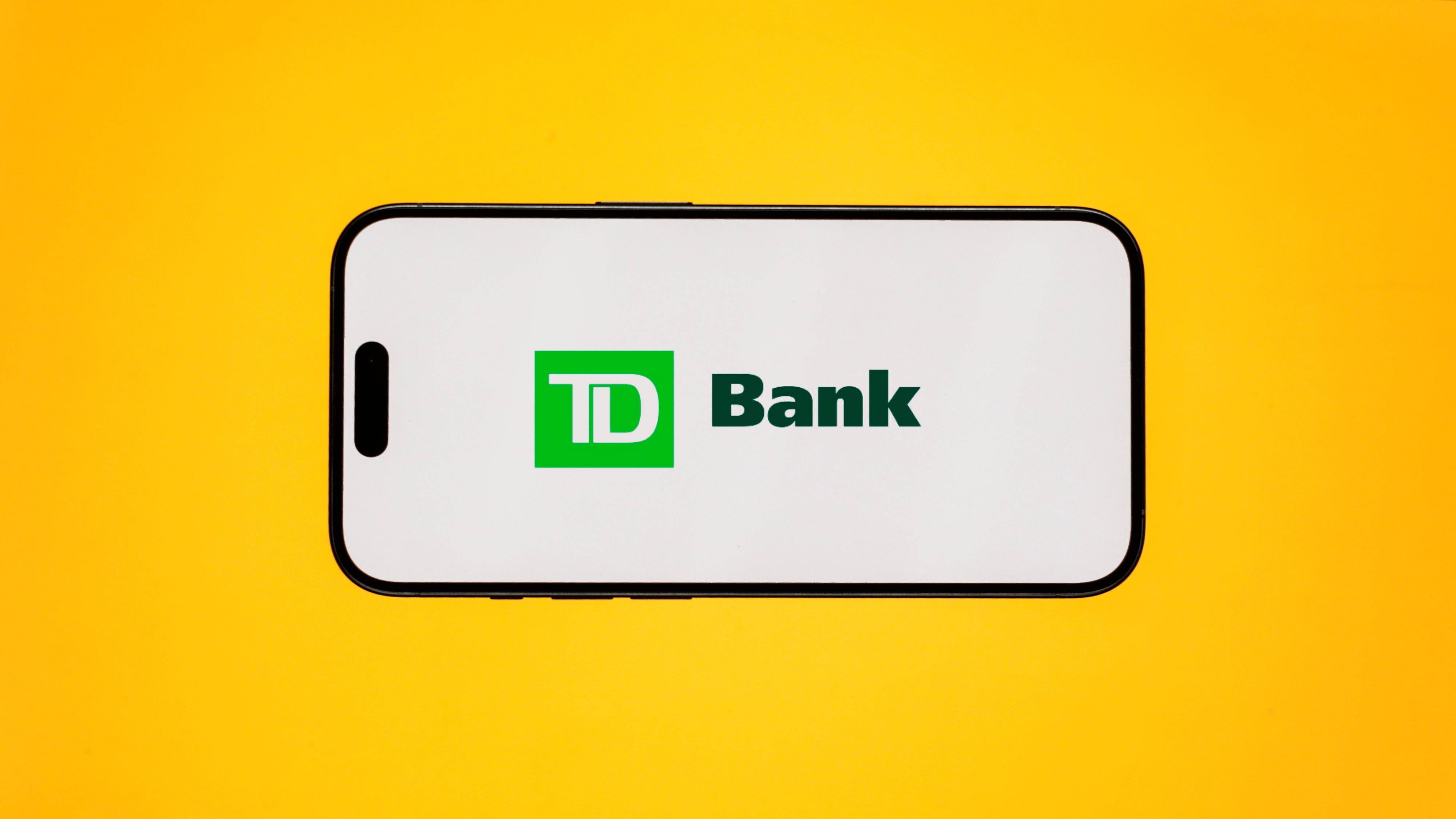
TD Bank
Good for price transparency
Primarily operating on the East Coast, TD Bank offers home equity loans and HELOCs in 15 states. You can apply for a TD Bank home equity loan or HELOC online, by phone or by visiting a TD Bank in person. The online application includes a calculator that will tell you the maximum amount you can borrow based on the information you input. You can also see a full breakdown of rates, fees and monthly payments. No credit check is required for this service.
- APR: From 7.99% (0.25% autopay discount included)
- Max LTV ratio: Not specified
- Max debt-to-income ratio: Not specified
- Min credit score: Not specified
- Loan amount: From $10,000
- Term lengths: Five to 30 years
- Fees: $99 origination fee at closing. Closing costs only application to loan amounts greater than $500,000.
- Additional requirements: Loan amounts less than $25,000 are available only for primary residence property use.
- Perks: You will receive a 0.25% discount if you enroll in autopay from a TD personal checking or savings account.
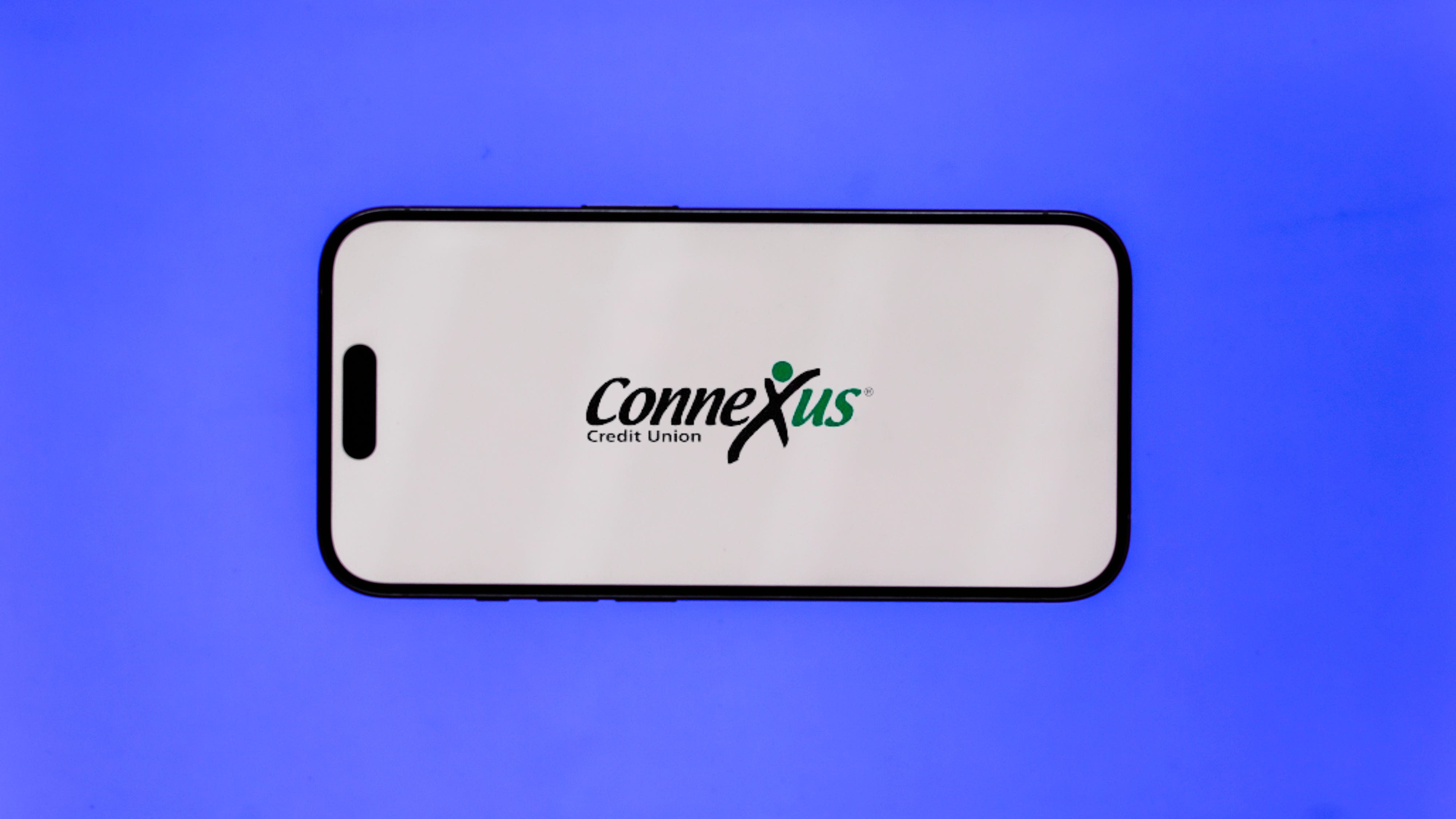
Connexus Credit Union
Good branch network
Connexus Credit Union operates in all 50 states, but it offers home equity loans and HELOCs in 46 states (excluding Alaska, Hawaii, Maryland and Texas). The credit union has more than 6,000 local branches. To apply for a home equity loan or HELOC with Connexus, you can fill out a three-step application online or in person. You won’t be able to see a personalized rate or product terms without a credit check.
- APR: From 7.20%
- Max LTV ratio: 90%
- Max-debt-to-income ratio: Not specified
- Min credit score: Not specified
- Loan amount: From $5,000
- Term lengths: Five to 15 years
- Fees: No annual fee. Closing costs can range from $175 to $2,000, depending on your loan terms and property location. It has returned loan payments fees of $15, convenience fees of $9.95 (for paying by debit or credit card online) and $14.95 (for paying by phone) and a forced place insurance processing fee of $12.
- Additional requirements: Because Connexus is a credit union, its products and services are only available to members. Member eligibility is open to most people: you (or a family member) just need to be a member of one of Connexus’s partner groups, reside in one of the communities or counties on Connexus’s list or become a member of the Connexus Association with a $5 donation to Connexus’s partner nonprofit.
- Perks: Flexible membership options
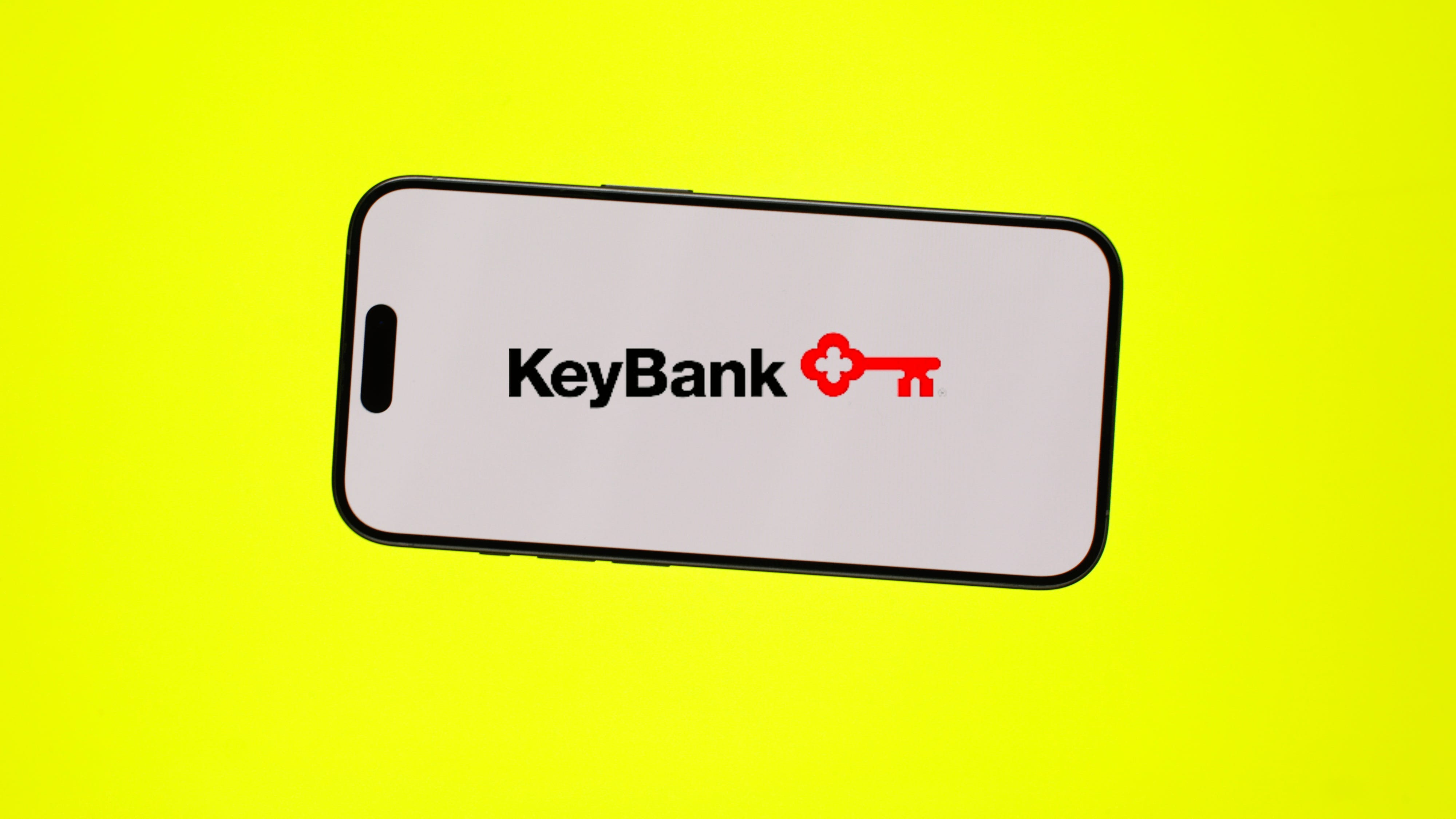
KeyBank
Good online application user experience
Based in Cleveland, KeyBank offers home equity loans to customers in 15 states and HELOCs to customers in 44 states. Aside from a standard home equity loan, KeyBank offers a few different HELOC options. The KeyBank application allows you to apply for multiple products at one time. If you’re not sure whether KeyBank loans are available in your area, the application will tell you once you input your ZIP code. If you’re an existing KeyBank customer, you can skim through the application and import your personal information from your account.
- APR: From 10.29% (0.25% client discount included)
- Max LTV ratio: 80% for standard home equity loans, 90% for high-value home equity loans
- Max debt-to-income ratio: Not specified
- Min credit score: Not specified
- Loan amount: From $25,000
- Term lengths: One to 30 years
- Fees: Origination fee of $295. Closing costs aren’t specified.
- Additional requirements: Borrowers must be at least 18 years of age and reside in one of the states KeyBank operates in.
- Perks: KeyBank offers a 0.25% rate discount for clients who have eligible checking and savings accounts with them.
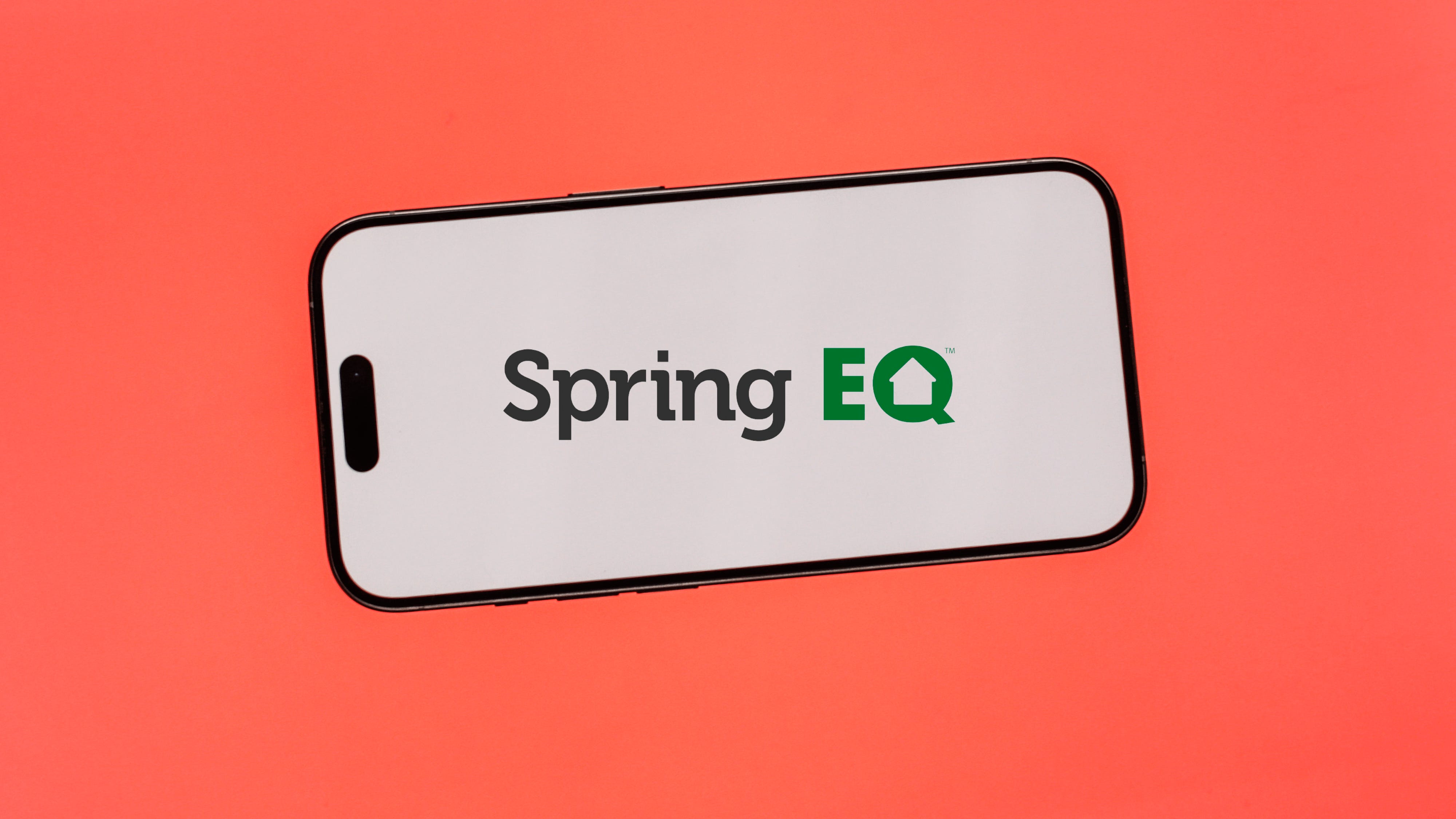
Spring EQ
Good option for high debt-to-income ratio limits
Spring EQ was founded in 2016 and serves customers in 38 states. Spring EQ offers home equity loans and HELOCs. Spring EQ doesn’t display rates for its home lending products online — you must complete an application to see your personalized rate. The Spring EQ loan application process is simple though. Customers can see an extensive breakdown of their loan term and rate options without needing to undergo a credit check or provide their Social Security number.
- APR: Not specified
- Max LTV ratio: 90%
- Max debt-to-income ratio: 50%
- Min credit score: 640
- Loan amount: Up to $500,000
- Term lengths: Not specified
- Fees: Spring EQ loans may be subject to an origination fee of $995 and an annual fee of $99 in some states.
- Additional requirements: Spring EQ does not display rates for its home lending products online — you must complete an application to see your personalized rate.
- Perks: Spring EQ has a higher maximum DTI ratio than most other lenders — compare 50% with the typical 43% average.
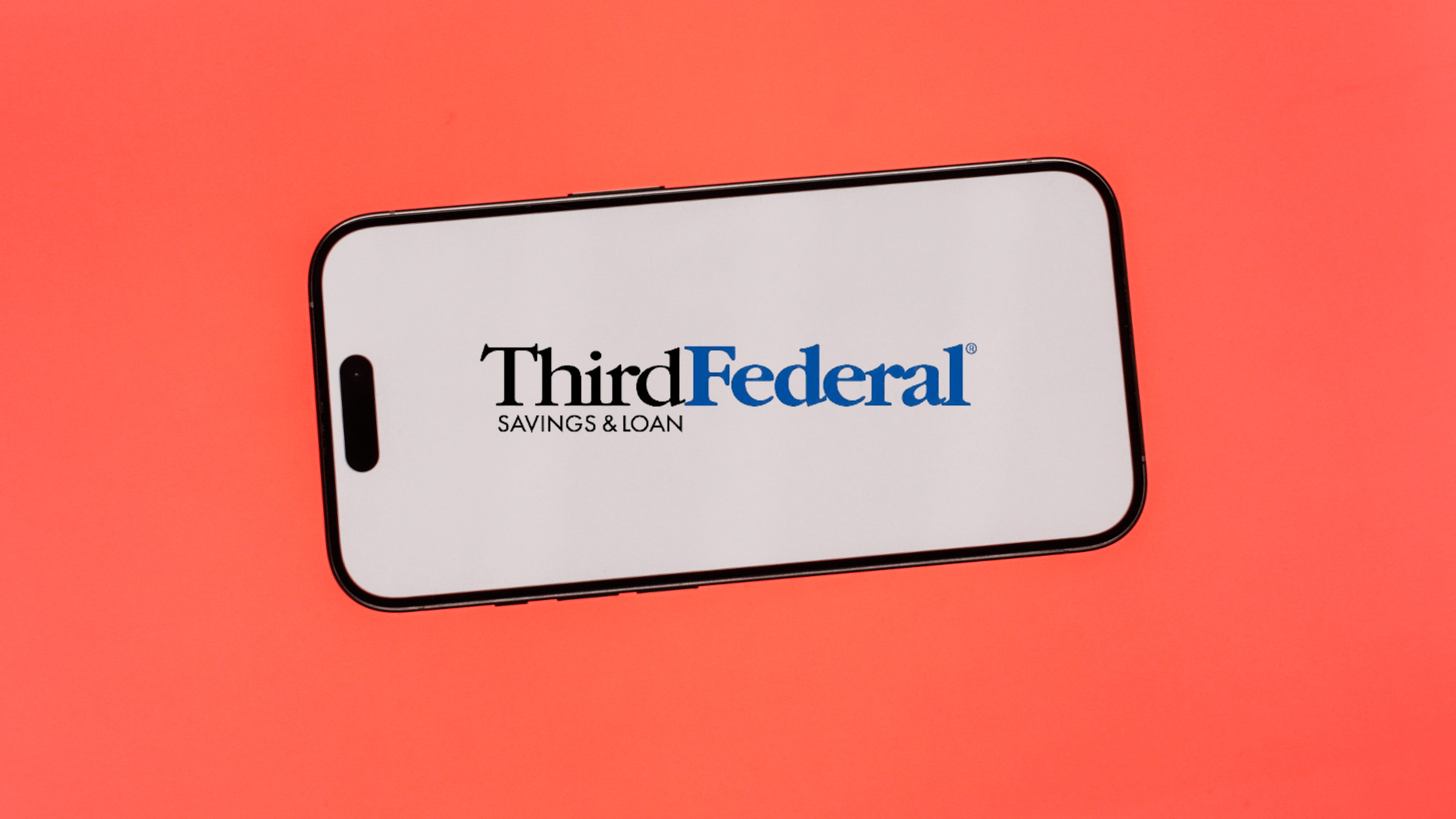
Third Federal Savings & Loan
Good option for rate match guarantee
Third Federal Savings & Loan first opened in 1938. Today, the bank offers home equity loans in eight states and HELOCs in 26 states. Third Federal offers a lowest rate guarantee on its HELOCs and home equity loans, meaning Third Federal will offer you the lowest interest rate relative to other similar lenders or pay you $1,000. You can apply for a home equity loan or HELOC on the Third Federal website. You won’t have to register an account to apply, but you’re still able to save your application and return to it later.
- APR: From 7.29%
- Max LTV ratio: 80%
- Max debt-to-income ratio: Not specified
- Min credit score: Not specified
- Loan amount: $10,000 to $200,000
- Term lengths: Five to 30 years
- Fees: Home equity loans and HELOCs with Third Federal have an annual fee of $65 (waived the first year). There are no application fees, closing fees or origination fees.
- Additional requirements: Specific requirements aren’t listed.
- Perks: If you set up autopay from an existing Third Federal account, you’ll be eligible for a 0.25% rate discount.
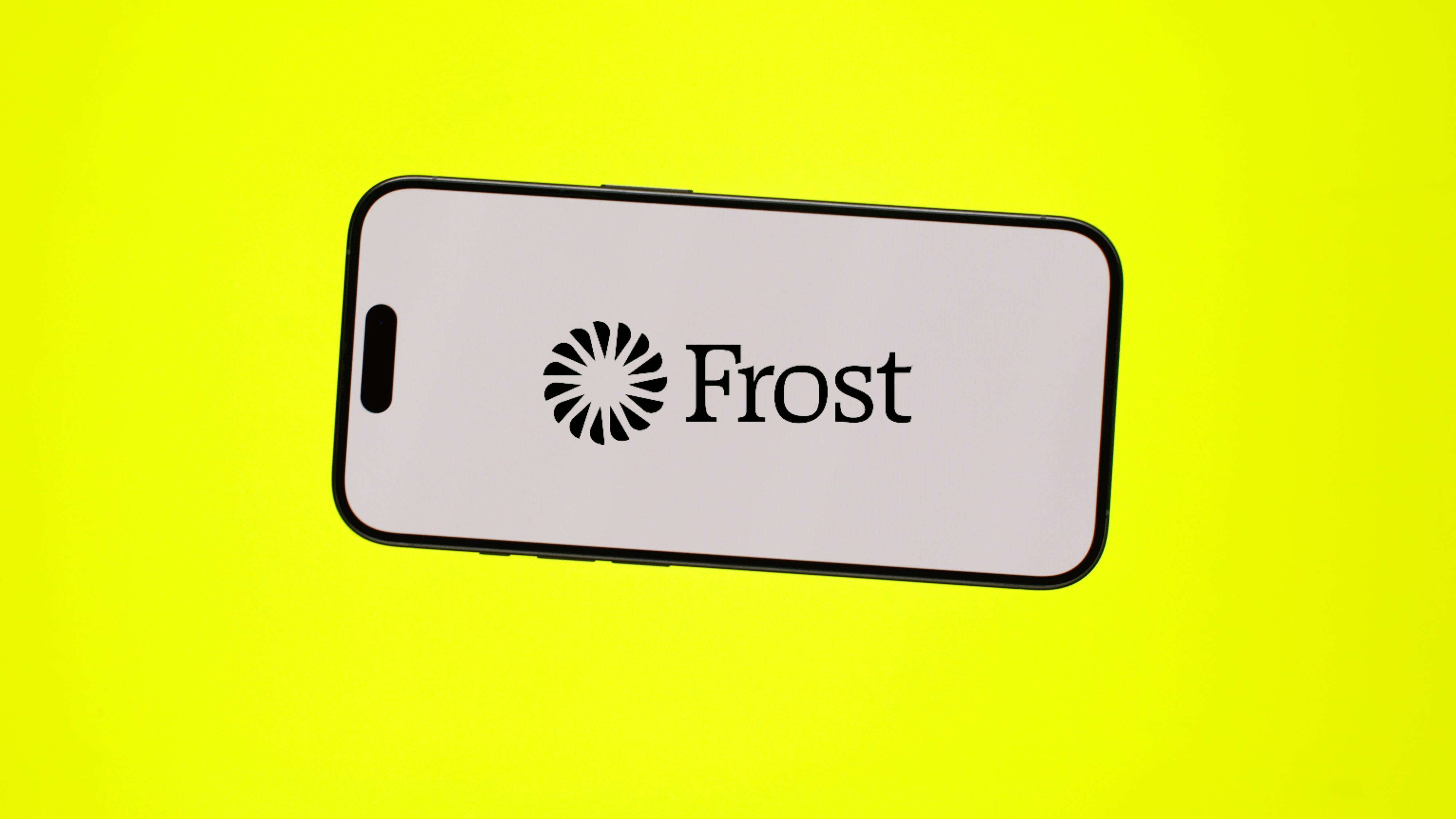
Frost Bank
Good option for Texas borrowers
Frost Bank’s home equity loans and HELOCs are only available to Texas residents. You can apply for a home equity loan or HELOC on the Frost Bank website, but you’ll need to create an account. According to the website, the application will only take you 15 minutes.
- APR: From 7.3% (0.25% autopay discount included, only available for 2nd liens)
- Max LTV ratio: 90%
- Max debt-to-income ratio: Not specified
- Min credit score: Not specified
- Loan amount: $2,000 to $500,000
- Term lengths: 15 or 20 years
- Fees: No application fee, annual fee or closing costs. Frost Bank does charge a $15 monthly service fee, which can be waived with a Frost Plus Account.
- Additional requirements: Borrowers must reside in Texas. The bank also requires proof of homeowners insurance.
- Perks: 0.25% rate discount for clients who enroll in autopay from a Frost Bank checking or savings account. However, this feature is only available for second liens.
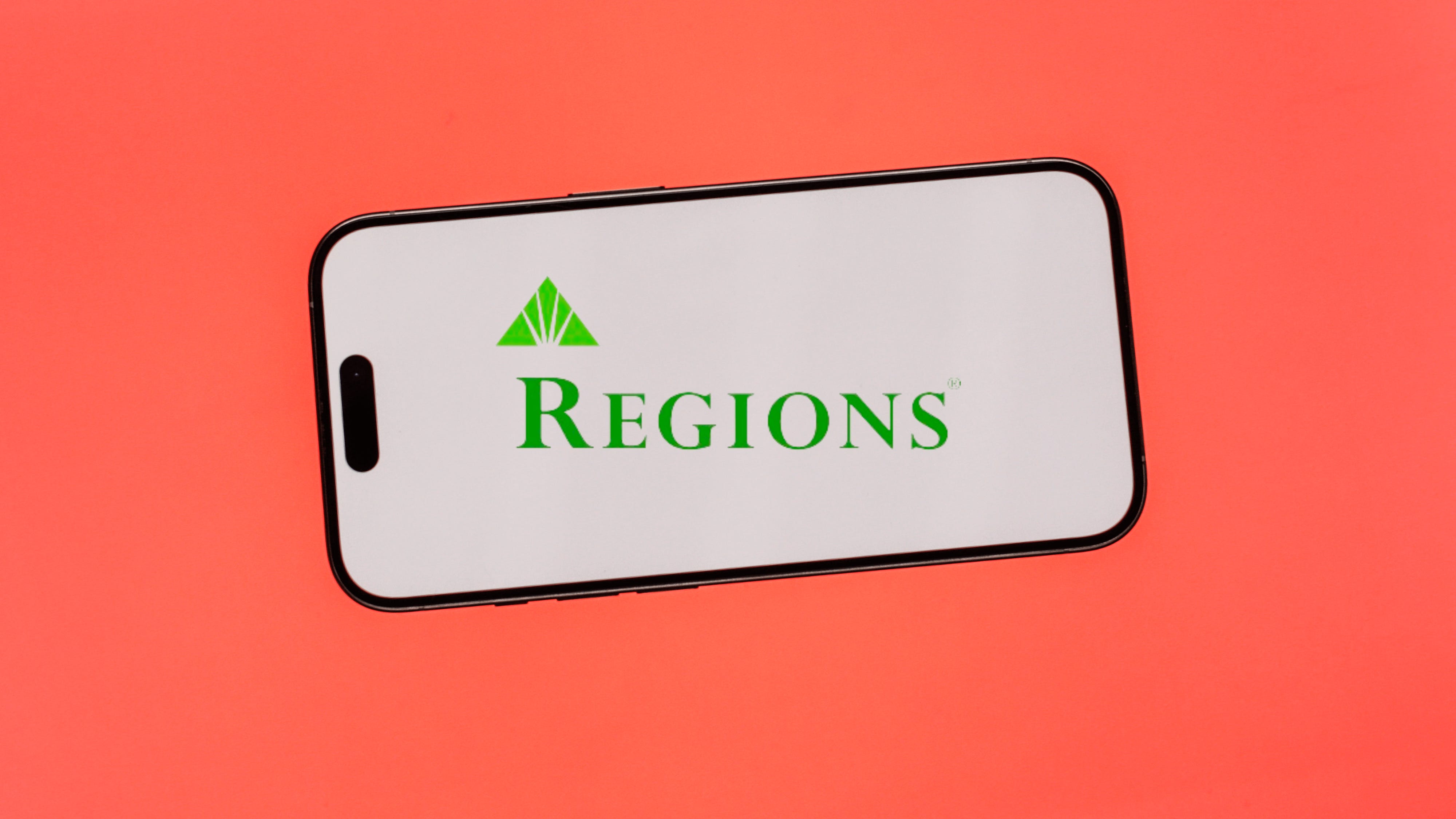
Regions Bank
Good rate discounts
Regions Bank is one of the nation’s largest banking, mortgage and wealth management service providers. Regions offers home equity loans and HELOCs in 15 states. You can apply for a Regions home equity loan or HELOC online, in person or over the phone. You’ll have to create an account with Regions to apply. Before you create an account, though, you can use the bank’s own rate calculator to estimate your rate and monthly payment.
- APR: From 6.75% to 14.125%(0.25% autopay discount included)
- Max LTV ratio: 89%
- Max debt-to-income ratio: Not specified
- Min credit score: Not specified
- Loan amount: $10,000 to $250,000
- Term lengths: Seven, 10, 15, 20 or 30 years
- Fees: No closing costs and no annual fees. Late fees apply for 5% of the payment amount. There is a returned check fee of $15 and an over limit fee of $29.
- Additional requirements: Not specified.
- Perks: Rate discounts between 0.25% and 0.50% to those who elect to have their monthly payments automatically debited from a Regions checking account.
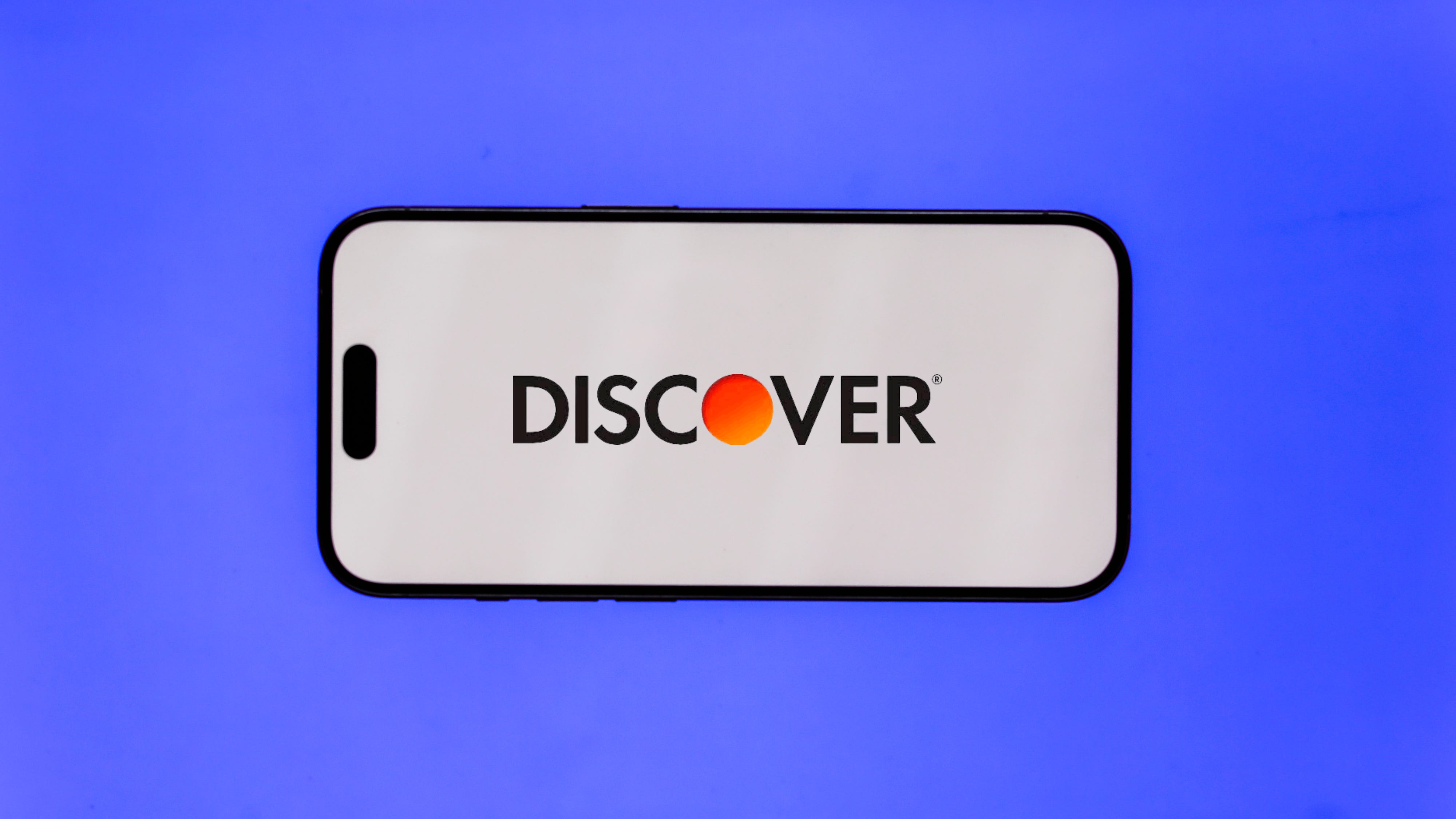
Discover
Good option for no fees or closings costs
Discover is known primarily for its credit cards, but it also offers home equity loans — available in 48 states. The lender does not offer HELOCs at all. You can apply for a home equity loan from Discover online or over the phone. The application process takes approximately six to eight weeks in total, according to Discover’s website.
- APR: 6.99% for first liens, 7.99% for second liens
- Max LTV ratio: 90%
- Max debt-to-income ratio: 43%
- Min credit score: 620
- Loan amount: $35,000 to $300,000
- Term lengths: 10, 15, 20 and 30 years
- Fees: None
- Additional requirements: Specific requirements not listed.
- Perks: The lender charges no origination fees, application fees, appraisal fees or mortgage taxes.
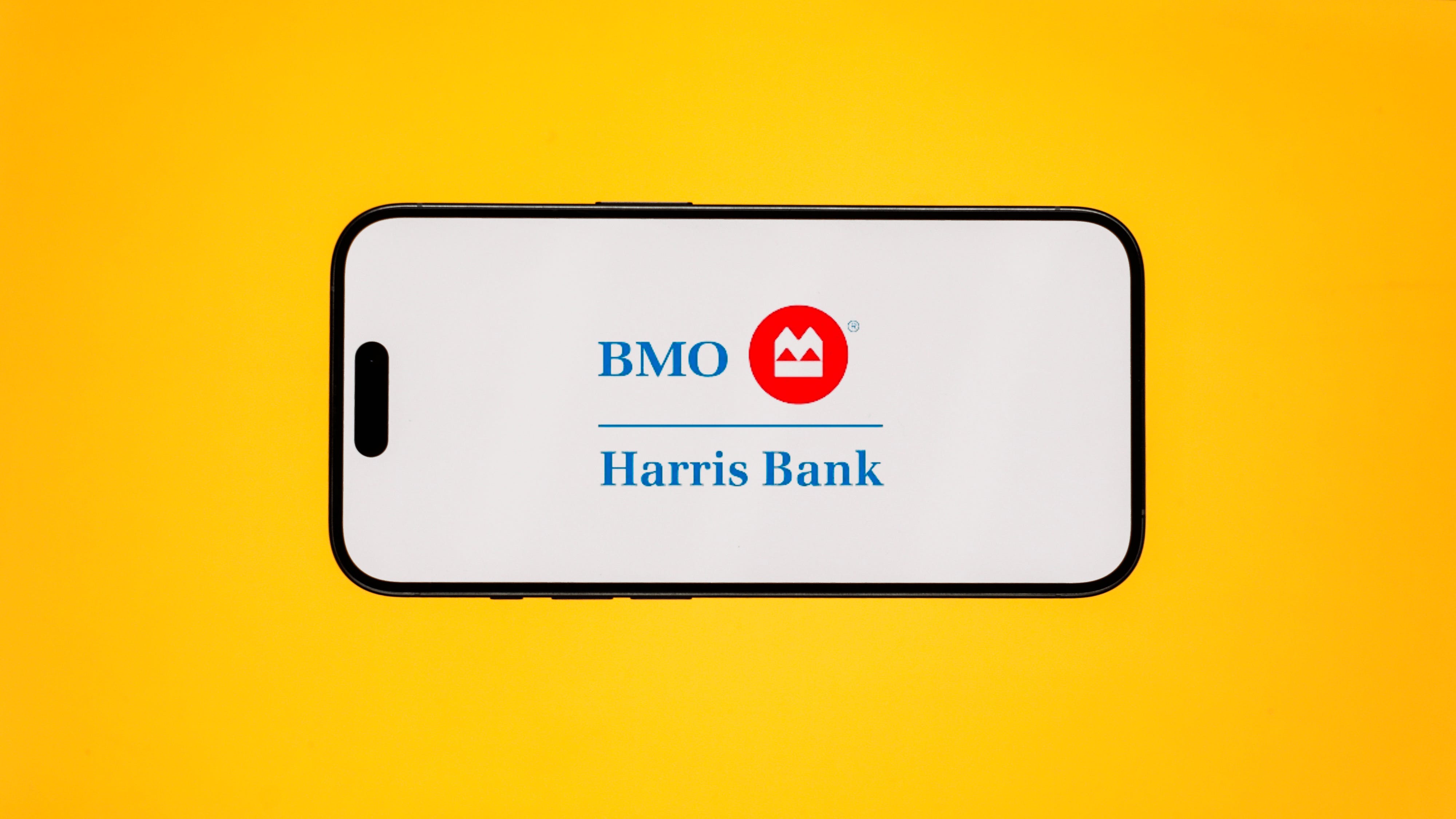
BMO Harris
Good option for second liens
BMO Harris products and services are available in 48 states (all but New York and Texas). BMO Harris offers home equity loans and three variations of a HELOC. You can apply for a home equity loan or HELOC online or in person, but in order to get personalized rates, you’ll have to speak with a representative on the phone. Getting personalized rates doesn’t require a hard credit check.
Home equity loans from BMO Harris are only available as second liens. If you have already paid off your mortgage, a rate-lock HELOC from BMO Harris may be a better option.
- APR: From 8.84% (0.5% autopay discount not included)
- Max LTV ratio: Not specified
- Max debt-to-income ratio: Not specified
- Min credit score: 700
- Loan amount: From $5,000
- Term lengths: Five to 20 years
- Fees: There is no application fee. BMO Harris will also pay closing costs for loans secured by an owner-occupied 1-to-4-family residence. If you pay off your loan within 36 months of opening, you may be responsible for recoupment fees.
- Additional requirements: Home equity loans are only available as a second lien (meaning you can’t be mortgage free)
- Perks: If you enroll in autopay with a BMO Harris checking account, you’ll be eligible for a 0.5% rate discount.
What is a home equity loan?
A home equity loan is a fixed-rate installment loan secured by your home as a second mortgage. You’ll get a lump sum payment upfront and then repay the loan in equal monthly payments over a period of time. Because your house is used as a collateral, the lender can foreclose on it if you default on your payments.
Most lenders require you to have 15% to 20% equity in your home to secure a home equity loan. To determine how much equity you have, subtract your remaining mortgage balance from the value of your home. For example, if your home is worth $500,000 and you owe $350,000, you have $150,000 in equity. The next step is to determine your loan-to-value ratio, or LTV ratio, which is your outstanding mortgage balance divided by your home’s current value. So in this case the calculation would be:
$350,000 / $500,000 = 0.7
In this example, you have a 70% LTV ratio. Most lenders will let you borrow around 75% to 90% of your home’s value minus what you owe on your primary mortgage. Assuming a lender will let you borrow up to 90% of your home equity, you can use the formula to see how that would be:
$500,000 [current appraised value] X 0.9 [maximum equity percentage you can borrow] – $350,000 [outstanding mortgage balance] = $100,000 [what the lender will let you borrow]
A standard repayment period for a home equity loan is between five and 30 years. Under the loan, you make fixed-rate payments that never change. If interest rates go up, your loan rate remains unchanged.
Second mortgages such as home equity loans and HELOCs don’t alter a homeowner’s primary mortgage. This lets you borrow against your home’s equity without needing to exchange your primary mortgage’s rate for today’s higher rates.
Home equity loans have fixed interest rates, which is a positive if you’re looking for predictable monthly payments. The rate you lock in when you take out your loan will be constant for the entire term, even if market interest rates rise.
Reasons to get a home equity loan
A home equity loan is a good choice if you need a large sum of cash all at once. You can use that cash for anything you’d like — it doesn’t have to be home-related.However, some uses make more sense than others.
- Home renovations and improvements: If you want to upgrade your kitchen, install solar panels or add on a second bathroom, you can use the money from a home equity loan to pay for the cost of these renovations. Then, at tax time, you can deduct the interest you pay on the loan — as long as the renovations increase the value of your home and you meet certain IRS criteria.
- Consolidating high-interest debt: Debt consolidation is a strategy where you take out one large loan to pay off the balances on multiple smaller loans, typically done to streamline your finances or get a lower interest rate. Because home equity loan interest rates are typically lower than those of credit cards, they can be a great option to consolidate your high-interest credit card debt, letting you pay off debt faster and save money on interest in the long run. The only downside? Credit card and personal loan lenders can’t take your home from you if you stop making your payments, but home equity lenders can.
- College tuition: Instead of using student loans to cover the cost of college for yourself or a loved one, you can use the cash from a home equity loan. If you qualify for federal student loans, though, they’re almost always a better option than a home equity loan. Federal loans have better borrower protections and offer more flexible repayment options in the event of financial hardship. But if you’ve maxed out your financial aid and federal student loans, a home equity loan can be a viable option to cover the difference.
- Medical expenses: You can avoid putting unexpected medical expenses on a credit card by tapping into your home equity before a major medical procedure. Or, if you have outstanding medical bills, you can pay them off with the funds from a home equity loan. Before you do this, it’s worth asking if you can negotiate a payment plan directly with your medical provider.
- Business expenses: If you want to start a small business or side hustle but lack money to get it going, a home equity loan can provide the funding without many hoops to jump through. However, you may find that dedicated small business loans are a better, less risky option.
- Down payment on a second home: Homeowners can leverage their home’s equity to fund a down payment on a second home or investment property. But you should only use a home equity loan to buy a second home if you can comfortably afford multiple mortgage payments over the long term.
Experts don’t recommend using a home equity loan for discretionary expenses like a vacation or wedding. Instead, try saving up money in advance for these expenses so you can pay for them without taking on unnecessary debt.
Pros
-
One lump sum payment of total loan up front.
-
Fixed interest rate, meaning you won’t have to worry about your rate rising over the repayment period.
-
Typically lower interest rate than credit cards or personal loans.
-
Little to no restrictions on what you can use the money for.
Cons
-
Your home is used as collateral, meaning it can be taken from you if you default on the loan.
-
If you’re still paying off your mortgage, this loan payment will be on top of that.
-
Home equity loans can come with closing costs and other fees.
-
May be hard to qualify for if you don’t have enough equity.
Home equity loan vs. HELOC
Home equity loans and HELOCs are similar but have a few key distinctions. Both let you draw on your home’s equity and require you to use your home as collateral to secure your loan. The two major differences are the way you receive the money and how you pay it back.
A home equity loan gives you the money all at once as a lump sum, whereas a HELOC lets you take money out in installments over a long period of time, typically 10 years. Home equity loans have fixed-rate payments that will never go up, but most HELOCs have variable interest rates that rise and fall with the prime rate.
A home equity loan is better if:
- You want a fixed-rate payment: Your monthly payment will never change even if interest rates rise.
- You want one lump sum of money: You receive the entire loan upfront with a home equity loan.
- You know the exact amount of money you need: If you know the amount you need and don’t expect it to change, a home equity loan likely makes more sense than a HELOC.
A HELOC is better if:
- You need money over a long period of time: You can take the money as you need it and only pay interest on the amounts you withdraw, not the full loan amount, as is the case with a home equity loan.
- You want a low introductory interest rate: Although HELOC rates may increase over time, they also typically offer lower introductory interest rates than home equity loans. So you could save money on interest charges.
Home equity loans vs. cash-out refinances
A cash-out refinance is when you replace your existing mortgage with a new mortgage, typically to secure a lower interest rate and more favorable terms. Unlike a traditional refinance, though, you take out a new mortgage for the home’s entire value — not just the amount you owe on your mortgage. You then receive the equity you’ve already paid off in your home as a cash payout.
For example, if your home is worth $450,000, and you owe $250,000 on your loan, you would refinance for the entire $450,000, rather than the amount you owe on your mortgage. Your new cash-out refinance home loan would replace your existing mortgage and then offer you a portion of the equity you built (in this case $200,000) as a cash payout.
Both a cash-out refi and a home equity loan will provide you with a lump sum of cash that you’ll repay in fixed amounts over a specific time period, but they have some important differences. A cash-out refinance replaces your current mortgage payment. When you receive a lump sum of cash from a cash-out refi, it’s added back onto the balance of your new mortgage, usually causing your monthly payment to increase. A home equity loan is different — it doesn’t replace your existing mortgage and instead adds an additional monthly payment to your expenses.
Who qualifies for a home equity loan?
Although it varies by lender, to qualify for a home equity loan, you’re typically required to meet the following criteria:
- At least 15% to 20% equity built up in your home: Home equity is the amount of home you own, based on how much you’ve paid toward your mortgage. Subtract what you owe on your mortgage and other loans from the current appraised value of your house to figure out your home equity number.
- Adequate, verifiable income and stable employment: Proof of income is a standard requirement to qualify for a HELOC. Check your lender’s website to see what forms and paperwork you will need to submit along with your application.
- A minimum credit score of 620: Lenders use your credit score to determine the likelihood that you’ll repay the loan on time. Having a strong credit score — at least 700 — will help you qualify for a lower interest rate and more amenable loan terms.
- A debt-to-income ratio of 43% or less: Divide your total monthly debts by your gross monthly income to get your DTI. Like your credit score, your DTI helps lenders determine your capacity to make consistent payments toward your loan. Some lenders prefer a DTI of 36% or less.
A home equity loan is better if:
- You don’t want to pay private mortgage insurance: Some cash-out refinances require PMI, which can add hundreds of dollars to your payments, but home equity loans don’t.
- You can’t complete a refinance: With rates rising, it’s possible that your mortgage rate is lower than current refinance rates. If that’s the case, it likely won’t make financial sense for you to refinance. Instead, you can use a home equity loan to take out only the money you need, rather than replacing your entire mortgage with a higher interest rate loan.
A cash-out refinance is better if:
- Refinance rates are lower than your current mortgage rate: If you can secure a lower interest rate by refinancing, this could save you money in interest, while providing access to a lump sum of cash.
- You want only one monthly payment: The amount you borrow gets added back to the balance of your mortgage so you make only one payment to your lender every month.
- Less stringent eligibility requirements: If you don’t have great credit or you have a high debt-to-income ratio, or DTI, you may have an easier time qualifying for a cash-out refi compared with a home equity loan.
- Lower interest rates: Cash-out refinances sometimes offer more favorable interest rates than home equity loans.
Tips for choosing a lender
You’ll want to consider what type of financial institution best suits your needs. In addition to mortgage lenders, financial institutions that offer home equity loans include banks, credit unions and online-only lenders.
“Select a lender that makes you feel comfortable and informed with the home equity loan process,” said Rob Cook, vice president of marketing, digital and analytics for Discover Home Loans. “Look at what tools a lender makes available to borrowers to help inform their decision. For many borrowers, being able to apply and manage their application online is important.”
One option is to work with the lender that originated your first mortgage as you already have a relationship and a history of on-time payments. Many banks and credit unions also offer discounted rates and other benefits when you become a customer.
Some lenders offer lower interest rates but charge higher fees (and vice versa). What matters most is your annual percentage rate because it reflects both interest rate and fees.
Ensure the specific terms of the loan your lender is offering make sense for your budget. For example, be sure the minimum loan amount isn’t too high — be wary of withdrawing more funds than you need. You also want to make sure that your repayment term is long enough for you to comfortably afford the monthly payments. The shorter your loan term, the higher your monthly payments will be.
“Costs and fees are an important consideration for anyone who is looking for a loan,” Cook said. “Homeowners should understand any upfront or ongoing fees applicable to their loan options. Also look for prepayment penalties that might be associated with paying off your loan early.”
No matter what, it’s important to talk to numerous lenders and find the best rate available.
How to apply for a home equity loan
Applying for a home equity loan is similar to applying for any mortgage loan. You’ll need both a solid credit score and proof of enough income to repay your loan.
1. Interview multiple lenders to determine which lender can offer you the lowest rates and fees. The more companies you speak with, the better your chances of finding the most favorable terms.
2. Have at least 15% to 20% equity in your home. If you do, lenders will then take into account your credit score, income and current DTI to determine whether you qualify as well as your interest rate.
3. Be prepared to have financial documents at the ready, such as pay stubs and Form W-2s. Proof of ownership and the appraised value of your home will also be necessary.
4. Close on your loan. Once you submit your application, the final step is closing on your loan. In some states, you’ll have to do this in person at a physical branch.
FAQs
As of Mar. 1, average home equity loan rates are 8.80% for a $30,000 10-year home equity loan and 8.78% for a $30,000 15-year home equity loan — higher than the average rate for a 30-year fixed rate mortgage, which is currently 7.09%. Both home equity rates and mortgage rates started off at historic lows at around 3% at the beginning of 2022 and have been consistently climbing in response to the Federal Reserve aggressively raising the benchmark interest rate.
Most lenders will allow you to borrow anywhere from 15% to 20% of your home’s available equity. To calculate your home equity, subtract your remaining mortgage balance from the current appraised value of your home. How much equity a bank or lender will let you take out depends on a number of additional factors such as your credit score, income and DTI ratio. For most homeowners, it can take five to 10 years of mortgage payments to build up enough tappable equity to borrow against.
A home equity loan can affect your score positively or negatively depending on how responsibly you use it. As with any loan, if you miss or make late payments, your credit score will drop. The amount by which it will drop depends on such factors as whether you’ve made late payments before. However, HELOCs are secured loans that are backed by your property, so they tend to affect your credit score less because they’re treated more like a car loan or mortgage by credit-scoring algorithms.
Lenders are currently offering rates that start as low as 5% to 6% for borrowers with good credit, but rates can vary depending on your personal financial situation. A lender will base your interest rate on how much equity you have in your home, your credit score, income level and other aspects of your financial life such as your DTI ratio, which is calculated by dividing your monthly debts by your gross monthly income.
Home equity loans can be used for anything you choose to spend the money on. Typical life expenses that people usually take out home equity loans for are to cover expenditures such as home renovations, higher education costs like tuition or to pay off high-interest charges like credit card debt. There’s a bonus for using your loan for home improvements and renovations: the interest is tax deductible.
You can also use a home equity loan in the event of an emergency like unplanned medical expenses. Whatever you chose to use your loan for, keep in mind that taking out a large sum of money that accrues interest is an expensive choice to carefully consider, especially because you’re using your home as collateral to secure the loan. If you can’t pay back the loan, the lender can seize your home to repay your debt.
Methodology
We evaluated a range of lenders based on factors such as interest rates, APRs and fees, how long the draw and repayment periods are, and what types and variety of loans are offered. We also took into account factors that impact the user experience such as how easy it is to apply for a loan online and whether physical lender locations exist.




















+ There are no comments
Add yours